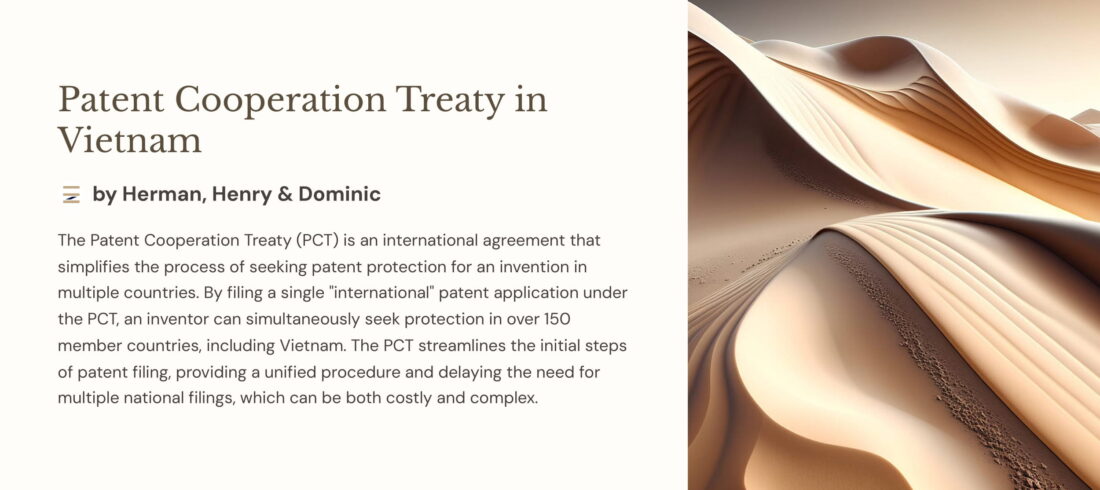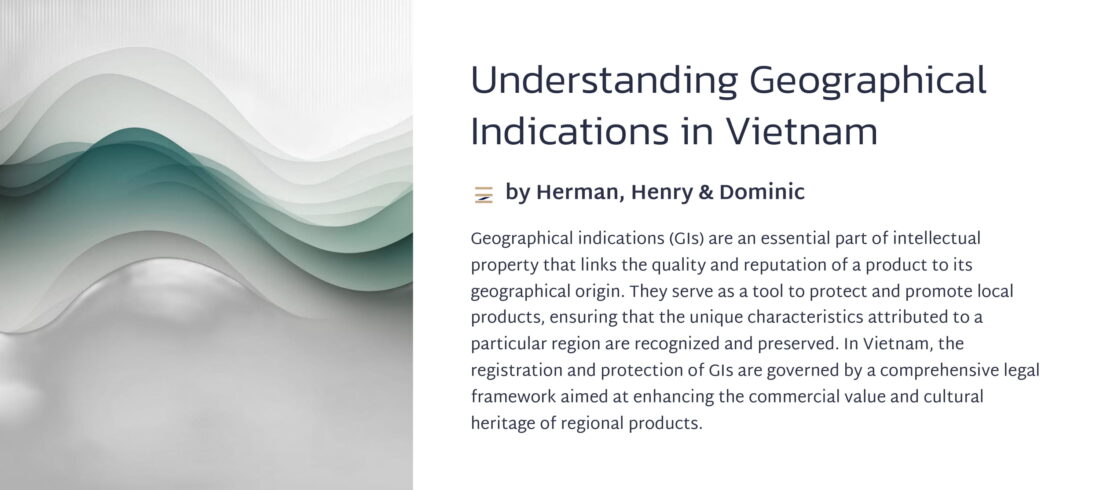Introduction
Litigation is a common method for resolving disputes in Vietnam, particularly when parties have not agreed to alternative dispute resolution methods such as arbitration or mediation. This article will provide you with an overview of the litigation process in Vietnamese courts, helping you understand the legal landscape and determine the best course of action for your dispute. If you need assistance with litigation or other legal matters, our law firm is here to help you navigate the complex legal system in Vietnam.
I. The Court System in Vietnam
Vietnam’s court system is organized into four main levels:
- District Courts: These courts handle most civil and criminal cases of first instance. They also have jurisdiction over administrative cases.
- Provincial Courts: These courts serve as appellate courts for decisions rendered by the District Courts and handle certain cases of first instance, such as commercial and economic disputes.
- High People’s Courts: These courts have appellate jurisdiction over decisions rendered by the Provincial Courts and serve as courts of first instance for certain cases involving high-ranking officials or matters of national importance.
- Supreme People’s Court: This is the highest court in Vietnam and has the authority to review final judgments from the High People’s Courts, provide guidance on the application of the law, and ensure the uniformity of judicial decisions.
II. The Litigation Process
A. Pleadings and Initiation
The litigation process begins with the submission of a Statement of Claim to the competent court. This document should include information about the parties, the nature of the dispute, the legal basis for the claim, and the relief sought. The court will then serve the defendant with the Statement of Claim, and the defendant must submit a Statement of Defense within the prescribed time limit.
B. Evidence and Discovery
Parties are required to submit evidence in support of their claims and defenses. Unlike in some other jurisdictions, the Vietnamese legal system does not have a formal discovery process. Parties are responsible for gathering and submitting their own evidence, although the court may order the production of specific evidence upon request.
C. Hearings and Trials
Once the pleadings and evidence have been submitted, the court will schedule hearings for witness testimony, expert opinions, and oral arguments. Hearings are generally open to the public, but the court may decide to hold closed hearings in certain circumstances. The presiding judge, together with the assessors, will question the parties, witnesses, and experts, and the parties will have the opportunity to cross-examine them.
D. Judgments and Appeals
After the hearings and trials, the court will deliberate and issue a judgment. This judgment will include a determination of liability, damages, and the allocation of costs. Parties have the right to appeal the judgment to a higher court within a specified time limit. Appeals can be based on errors of law, errors of fact, or both.
III. Enforcement of Court Judgments
Once a judgment becomes final and binding, the winning party may seek to enforce it against the losing party. Enforcement is carried out by the Civil Judgment Enforcement Agency, which has the power to seize and sell assets, freeze bank accounts, and take other measures to ensure compliance with the judgment.
IV. Alternative Dispute Resolution
Parties involved in disputes in Vietnam may also consider alternative dispute resolution methods such as arbitration or mediation. These methods can offer more flexibility, confidentiality, and potentially faster resolution than litigation. However, the choice of dispute resolution method depends on the specific circumstances of the case and the parties’ preferences.
V. Tips for Successful Litigation in Vietnam
To increase the chances of a favorable outcome in your litigation case in Vietnam, consider the following tips:
- Choose the right legal representation: Engaging an experienced and knowledgeable attorney with a deep understanding of Vietnamese law and court procedures is crucial to your success in litigation.
- Prepare a solid case: Thorough preparation, including gathering all relevant evidence and documents, is essential to presenting a strong case before the court. Be ready to address any weaknesses in your case and anticipate the arguments of the opposing party.
- Understand the applicable laws and regulations: Familiarize yourself with the relevant laws, regulations, and judicial precedents that may impact your case. Your attorney can help you navigate the complexities of the Vietnamese legal system.
- Comply with court procedures and deadlines: Ensuring timely submission of pleadings and other documents, as well as adherence to court procedures, is critical to maintaining the credibility of your case and avoiding potential setbacks.
- Communicate effectively: Clear and concise communication with the court, witnesses, and experts is essential. This includes presenting your case in a well-structured and persuasive manner and being able to respond effectively to questions and objections.
- Consider settlement options: In some cases, it may be more advantageous to explore settlement options rather than pursuing litigation to its conclusion. This can save time, money, and resources while still achieving a satisfactory resolution.
By following these tips and working closely with your attorney, you can improve your chances of achieving a successful outcome in your litigation case in Vietnam.
VI. Conclusion
Litigation in Vietnamese courts can be a complex and time-consuming process. Understanding the various stages of the litigation process and the structure of the court system can help parties make informed decisions about how to proceed with their disputes. If you require assistance with litigation or any other legal matter, our law firm is here to help. We have a team of experienced attorneys who can guide you through the litigation process and represent your interests in the most effective manner. Please do not hesitate to contact us to discuss your needs and learn more about how we can assist you.
Note: This article is for general information purposes only and does not constitute legal advice. Each case is unique, and specific legal advice should be sought from a qualified attorney based on the individual circumstances of your matter.







